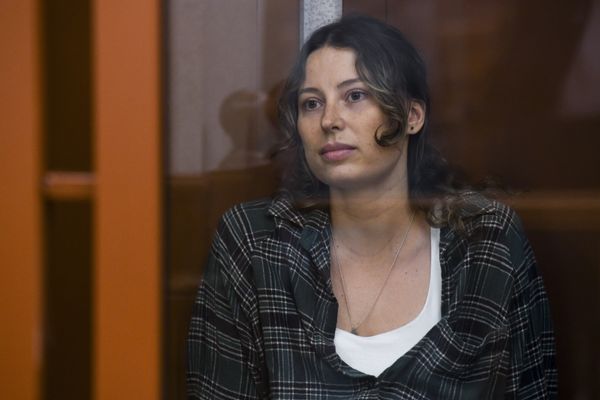
On Sunday, a significant clash erupted in central Jerusalem as thousands of Jewish ultra-Orthodox men protested against a Supreme Court ruling mandating their enlistment for military service. The decision, which could potentially destabilize Prime Minister Benjamin Netanyahu's coalition government, has sparked outrage among the ultra-Orthodox community.
The protest, initially peaceful in an ultra-Orthodox neighborhood, escalated as the crowd moved towards central Jerusalem, resulting in violent confrontations with law enforcement. Israeli police reported incidents of rock-throwing and an attack on the car of an ultra-Orthodox Cabinet minister, prompting the use of water cannons and mounted police to disperse the demonstrators.
Compulsory military service is a cornerstone of Israeli society, with exemptions historically granted to ultra-Orthodox men who opt for religious study over enlistment. However, public sentiment has shifted amid the ongoing conflict with Hamas, which has claimed the lives of over 600 soldiers and disrupted countless civilian lives.
The ultra-Orthodox community fears that mandatory military service would jeopardize their traditional way of life, leading to mass prayers and protests against the government's decision. The ultra-Orthodox parties, integral to Netanyahu's coalition, hold significant political sway and could potentially trigger early elections if they choose to withdraw their support.
As tensions remain high and the situation unfolds, the future of Israel's political landscape hangs in the balance, with the ramifications of this dispute reverberating across the nation.







